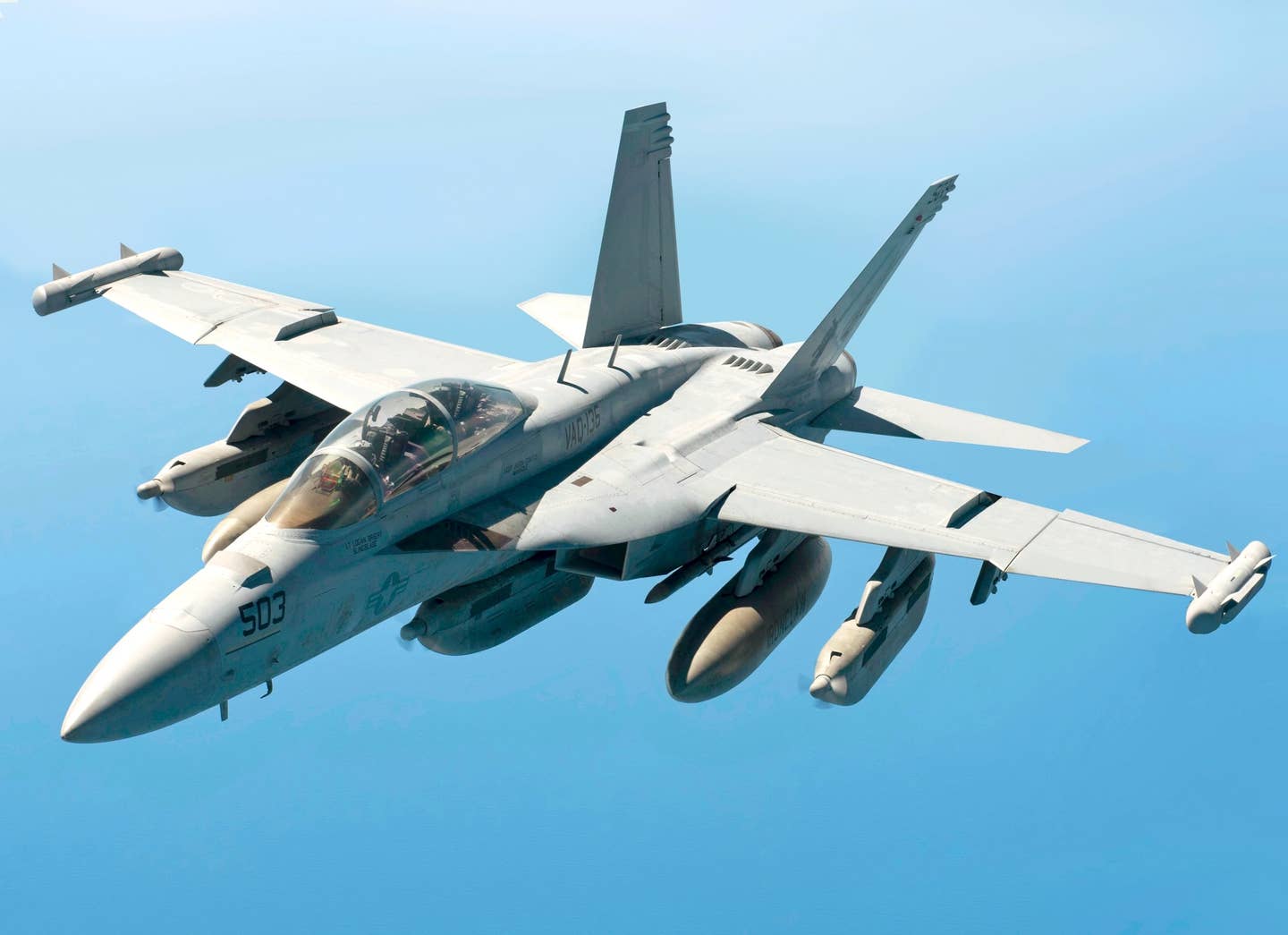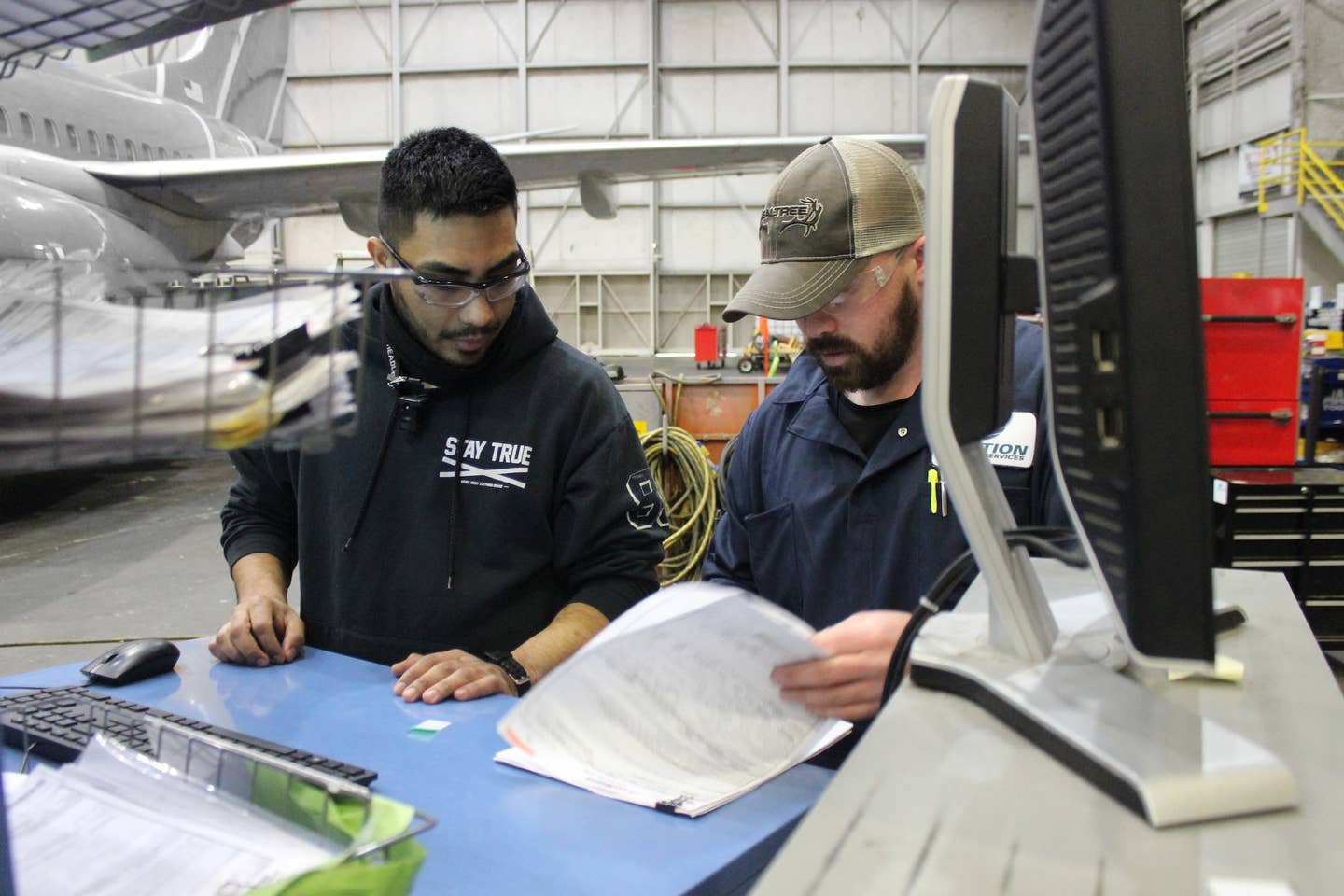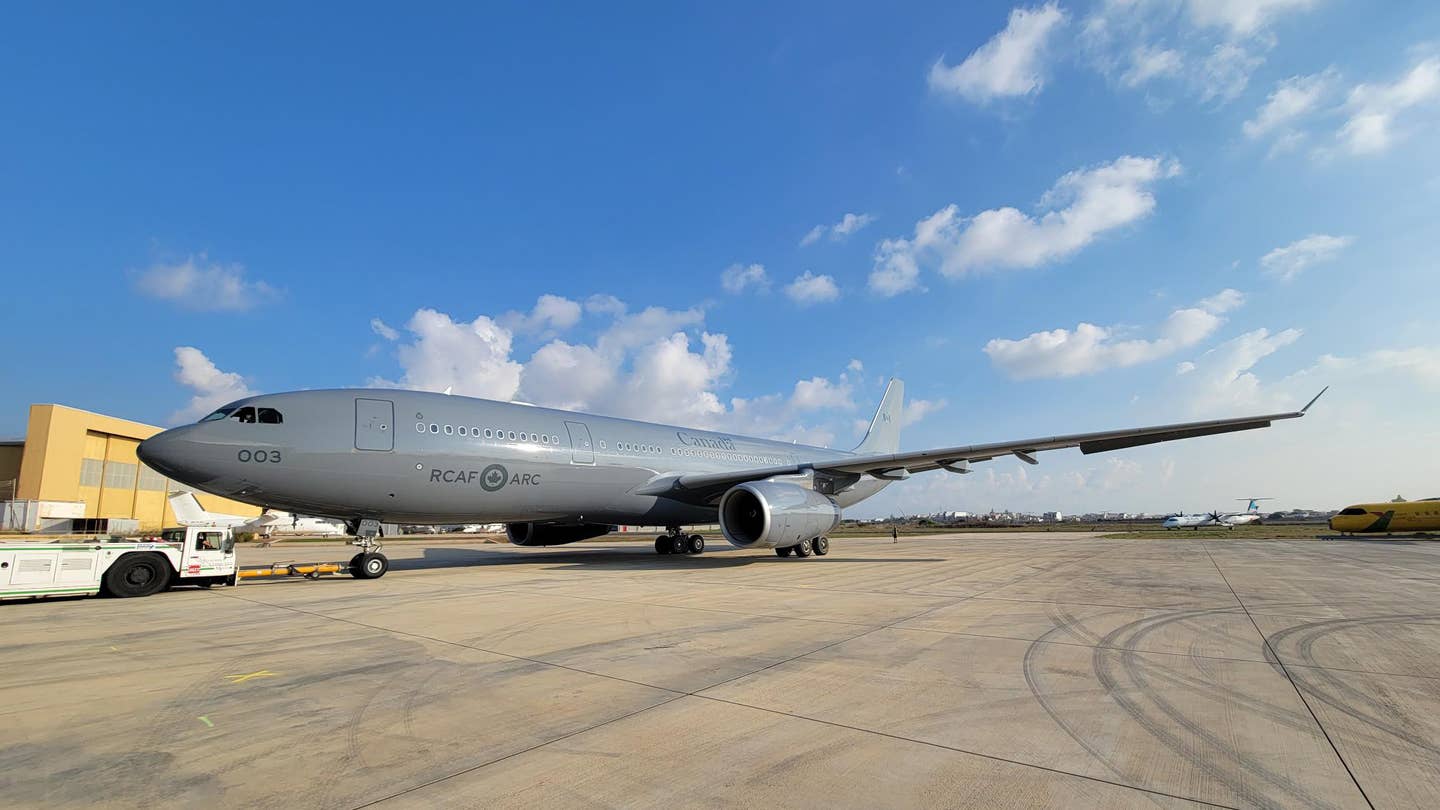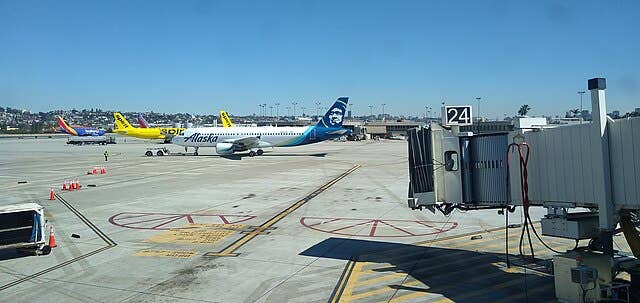Boeing Subcontractor Subject Of Lawsuit Over QC Deficiencies
Weeks before a catastrophic incident involving a Boeing 737 MAX 9, workers had raised warnings about defective production procedures. Reporters at Jacobin.com posted a story yesterday (Jan. 9) citing documents…
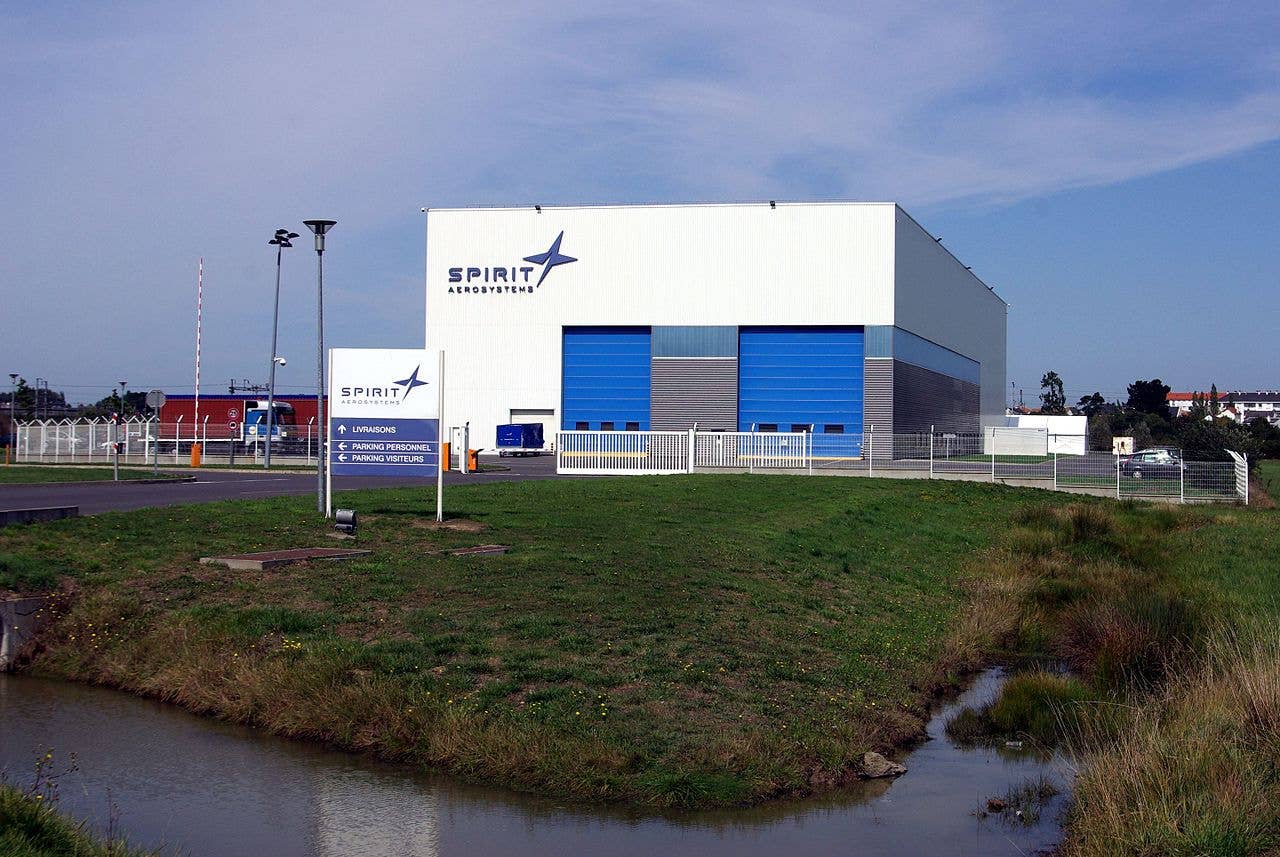
Weeks before a catastrophic incident involving a Boeing 737 MAX 9, workers had raised warnings about defective production procedures. Reporters at Jacobin.com posted a story yesterday (Jan. 9) citing documents filed in federal court from workers at Spirit AeroSystems, the Boeing subcontractor that reportedly manufactured the door plug that departed a Boeing 737 MAX 9 on Jan. 5 over Portland, Oregon.
As part of the federal securities lawsuit, a Spirit employee allegedly told higher-ups about an “excessive amount of defects,” later telling a colleague he “believed it was just a matter of time until a major defect escaped to a customer.” According to the court filing, the company ignored the warnings.
Broadly, the lawsuit alleges that Spirit deliberately covered up systemic quality-control deficiencies, encouraged employees to underplay defects and retaliated against workers who spoke out about their safety concerns.
The complaints speak to Boeing’s allegedly insufficient oversight of subcontractors such as Spirit and the FAA’s inability to effectively regulate quality control. According to the Jacobin report, William McGee, former panel member advising the U.S. Department of Transportation (DOT) and now a senior fellow for aviation and travel at the American Economics Liberty Project, said, “The FAA’s chronic, systemic, and longtime funding gap is a key problem in having the staffing, resources, and travel budgets to provide proper oversight. Ultimately, the FAA has failed to provide adequate policing of outsourced work, both at aircraft manufacturing facilities and at airline maintenance facilities.”
According to Jacobin reporters, Spirit received a $75 million public subsidy from the U.S. DOT in 2021 and reported greater than $5 billion in revenues in 2022. A class action lawsuit launched in May 2023 and amended in December claimed that Spirit management “concealed from investors that Spirit suffered from widespread and sustained quality failures. These failures included defects such as the routine presence of foreign object debris [FOD] in Spirit products, missing fasteners, peeling paint, and poor skin quality. Such constant quality failures resulted, in part, from Spirit’s culture, which prioritized production numbers and short-term financial outcomes over product quality.”
One quality control inspector reported in the court filings that management at Spirit was putting inspectors in “a very uncomfortable situation” by asking them to inaccurately record the number of defects. In an ethics complaint, the inspector wrote, “We are being asked to purposely record inaccurate information.” The inspector conveyed his concerns in a direct email to Spirit CEO, Tom Gentile, according to the complaint.

